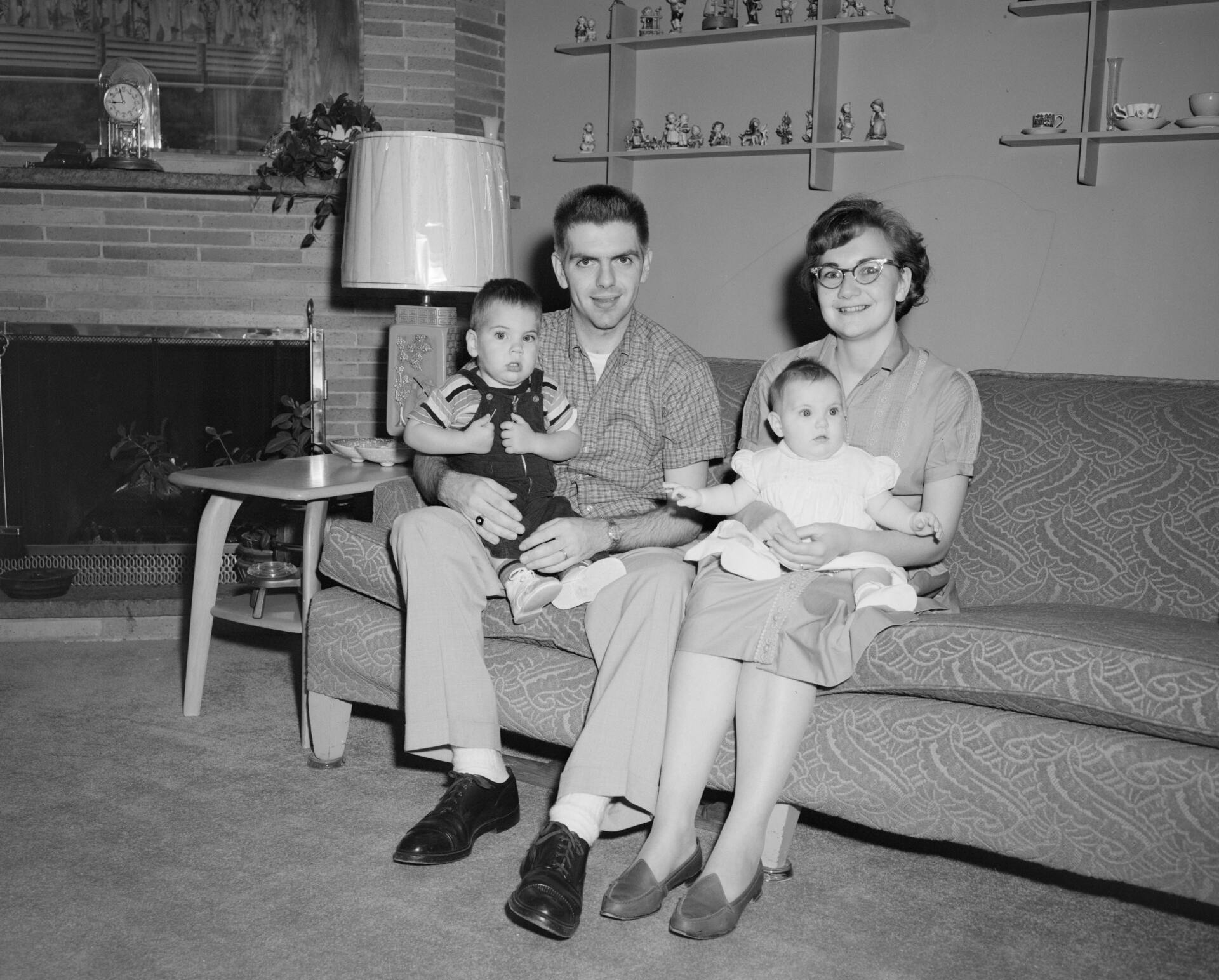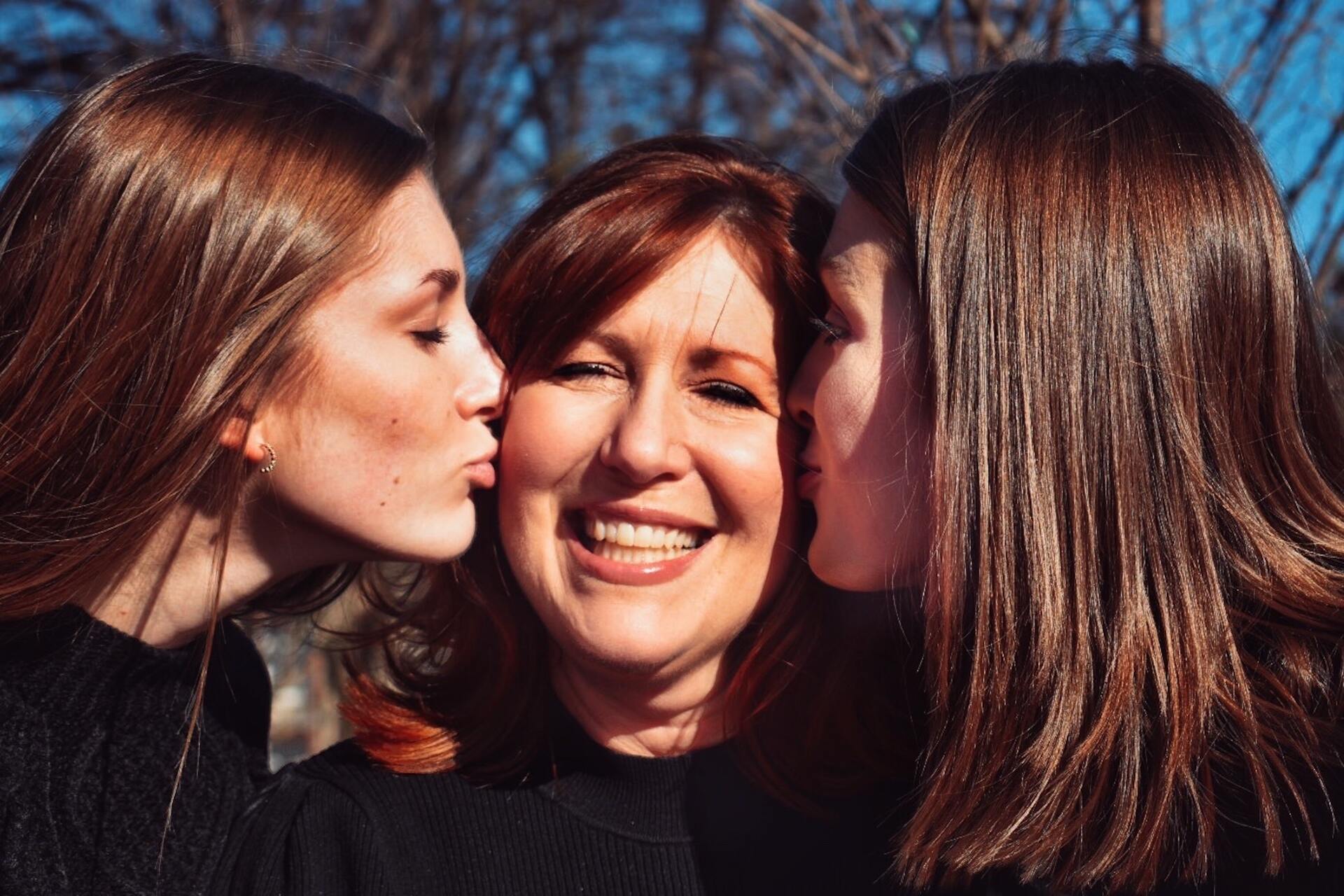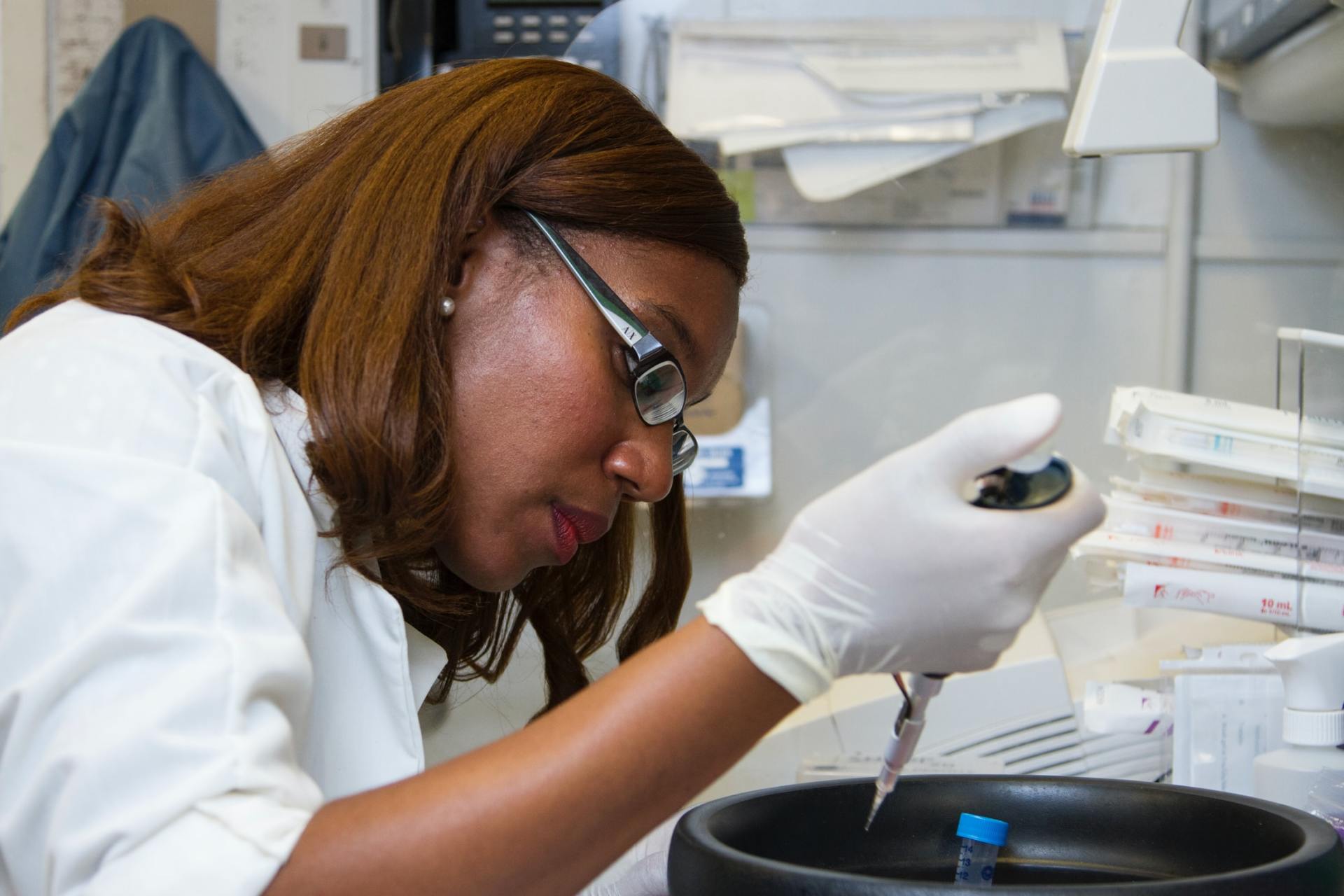Supporting a Parent with Cancer
So, your Mum or Dad has been diagnosed with cancer. No matter your age, their age, or the type of cancer, your world likely feels as if it’s been turned upside-down.
We’ve put together a list of 10 things to remember after a parent is diagnosed with cancer. Many of the points apply to supporting any family member, so keep reading even if your loved one didn’t raise you!
1) No one’s story is the same
There are over 100 types of cancer, and each type might have two or three (or more) ways of being treated. On top of this, each person who is diagnosed with cancer is an individual, with a unique body and their own way of being in the world.
If one of your parents is diagnosed with cancer, it can be tempting to jump online and start Googling symptoms, treatment options, and anecdotes from other people who have been diagnosed. Whilst the internet can be a helpful source of information and support, it’s important to remember that everyone’s experience with cancer is different, and cancer care is evolving all the time. Experiences and information posted years ago might not reflect the experience of someone diagnosed today.
With that in mind, it’s important to remember to take anything you read online with ‘a pinch of salt’. The best people to ask for information are healthcare professionals (especially those who are working with your parent), or your parent themselves.
2) They are still your parent
When someone is diagnosed with cancer, their sense of who they are can feel threatened. Suddenly, they’re a patient. They have a whole new part of their identity thrust upon them… and it’s all anyone seems to want to talk about!
One of the best ways to support your parent is by treating them exactly as you always have. Yes, you may have to talk to them about their health and needs, but keeping conversation as ‘normal’ as possible can do the world of good.
3) This is a fantastic opportunity to learn about who they are
How well do we really know our parents? Regardless of their expected health outcome, you can both process the situation in a meaningful and healthy way by talking about their life. If they’re open to the idea, why not come up with a few questions to ask them about their younger years? The questions can be as serious or as silly as you like.
Then, on a day where they have the time and energy, use your phone to record an interview with them.

-Learn about their family
4) Make sure they have space when they need it.
Cancer diagnoses are often accompanied by an influx of people asking “how are you?”. While this is always meant with the best of intentions (and usually is appreciated), when combined with all the other changes cancer can bring, it can be tiring. Sometimes, the kindest thing you can do for someone with cancer is ask them whether they actually want to see anyone today!
Everyone needs a bit of space sometimes, and that doesn’t change because of cancer.
5) There will be a change of roles.
Most of the time, a parent is a child’s primary caregiver. They do their best to meet the needs of the child, caring for them and helping them to navigate through life. When cancer comes into the family home, the balance of responsibilities can shift.
This can feel disempowering for parents and disconcerting for you as their child - even if you haven’t lived at home for years.
It’s helpful to have a frank, open discussion with your parents and the rest of the family, so that you can all decide who is responsible for what.
6) Most people won’t know what to say (and that’s okay)
Whatever your parent’s cancer experience - regardless of what treatment they have and how successful it is - most people just will not know what to say.
They may become awkward, uncomfortable, or try to steer the conversation onto more familiar ground. Try not to take this as an indication of disinterest or a lack of care. Cancer is such a taboo subject that people often avoid saying the wrong thing… by not saying much at all.
7) On that note, you don’t have to talk if you don’t want to
You are never under any obligation to talk about your feelings or experience with anyone. Having a parent with cancer is an intensely personal and emotional experience.
People might want to help, and might ask you to tell them ‘how you
really feel’, but if you don’t feel comfortable saying anything… don’t. You don’t owe anyone anything.
8) But… it’s important to process your emotions.
No, you don’t have to talk to anyone if you don’t want to, but you do owe it to yourself to get your thoughts out of your head.
If you feel up to it, it can be great to talk with an understanding friend or a counsellor about what you’re going through.
If not, why not try journaling? Writing out how you feel can be an incredibly cathartic experience - it helps you to untangle and address all the thoughts and worries rushing around your head. Consider treating yourself to a new notebook, or try the journal section on our app!
9) Get help
This one’s similar to the last point, but it deserves its own section.
When your family is affected by cancer, life gets hard. Things change, and you will likely spend a lot of time worrying about the future. So it’s absolutely essential that you seek out both practical and emotional support - right from the point of diagnosis.
Here’s a list of resources dedicated to supporting cancer caregivers:
- The NatiaCares app. It’s specifically designed to holistically support the wellbeing of everyone affected by cancer, including caregivers. Take a look at the cancer-specific meditations, yoga, and music, and listen to the conversations between people who have been affected by cancer, which are available on the app.
- Penny Brohn aren't just for people who have been diagnosed - they support cancer caregivers as well. Call their support line or attend one of their online sessions.
- Macmillan has lots of helpful advice and support resources - make sure to take a look at this page!
- Government institutions often have many helpful resources for caregivers. Here’s a link for people in the UK, and one for people who are living in the US.
- Cancer Research UK has collated resources for the children of people with cancer. The collection is especially focused on supporting young people, but some of the resources will be helpful for people of any age.
- Riprap is a website specifically for teenagers whose parents have been affected by cancer. It offers advice, support, and helpful ways for young people to express their emotions.
- Many cancer advocacy organisations provide tailored advice for caregivers based on the specific
type of cancer. Check out
Mesothelioma.net's advice for caregivers if your loved one has been diagnosed with Mesothelioma.
10) Pay attention to the good stuff!
A great way for you to improve your wellbeing is through gratitude. It’s a form of mindfulness, and it helps you to ensure that there is some positivity in your life. When you’re going through a tough time, it’s easy to focus solely on the negatives. But, even in the worst situations, we can always find things to be grateful for.
Consider writing a list that acknowledges the day’s happy moments or the things you appreciate your parent for, before you sleep. Or, just make a commitment to complimenting one person today or to taking more pictures of your surroundings. Whatever you do to become more mindful of the good things in life will help.
And for more conversations and loads of helpful cancer support,
download the NatiaCares app today!





